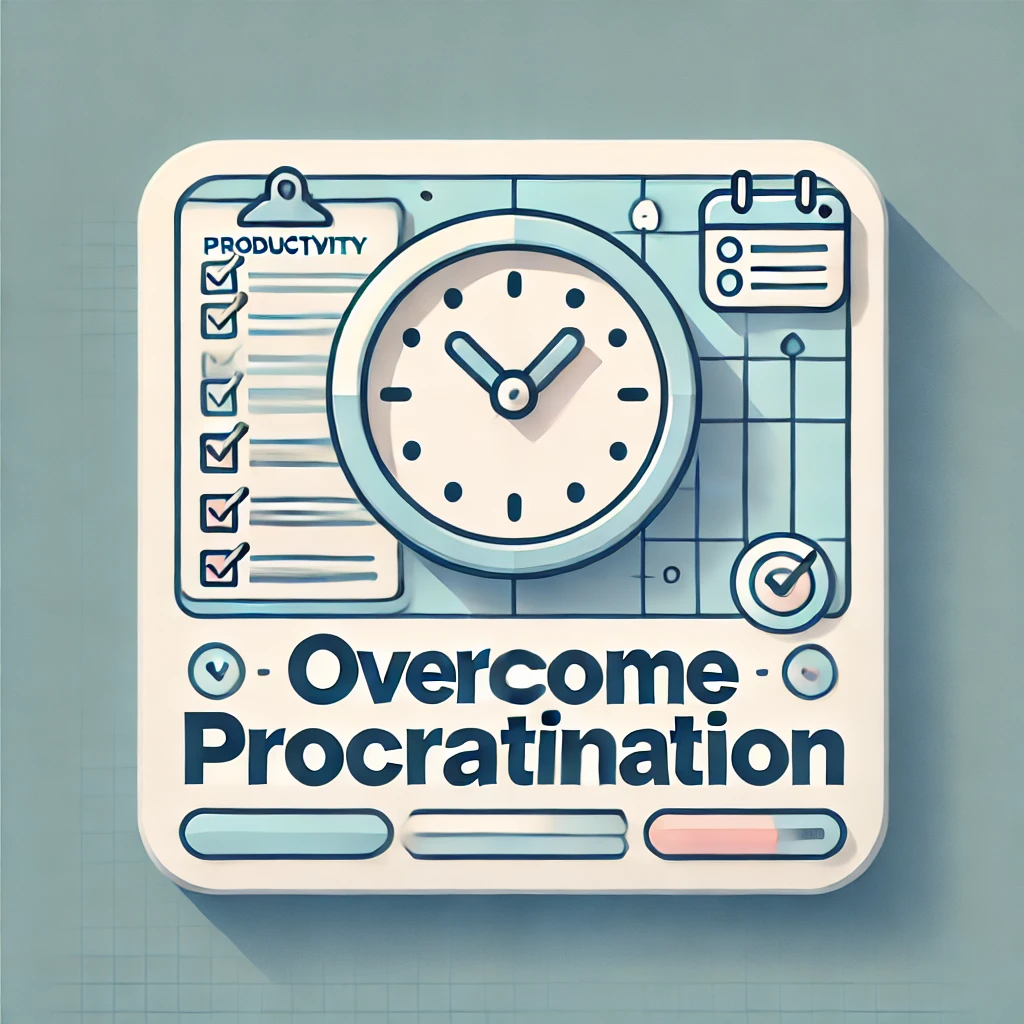Procrastination kills productivity. We all know the feeling—pushing tasks off until the last minute, feeling overwhelmed, and then scrambling to catch up. The problem isn’t laziness. It’s about how we manage focus, motivation, and habits.
If you want to stop procrastinating, you need to understand why you delay tasks and apply proven strategies to take action.
Why We Procrastinate
Procrastination happens when:
- A task feels overwhelming or complex
- Fear of failure or perfectionism takes over
- Distractions are easier than focused work
- We rely on motivation instead of habit
The good news? You can rewire your brain to beat procrastination and be more productive.
How to Stop Procrastinating
1. Break It Down into Smaller Steps
Big tasks feel impossible. Break them into smaller, actionable pieces so they seem more manageable. Instead of “write a report,” start with “create an outline.”
2. Use the Two-Minute Rule
If something takes less than two minutes, do it immediately. This eliminates small tasks that pile up and create mental clutter.
3. Time Block Your Work
Set dedicated work blocks with a clear start and stop time. Work in focused sprints (like 25-minute Pomodoro sessions) and take short breaks in between.
4. Remove Distractions
- Turn off phone notifications
- Close unnecessary tabs
- Use website blockers for social media
- Work in a clutter-free space
5. Set a Hard Deadline
Give yourself a realistic but firm deadline. Self-imposed deadlines force action. If needed, tell someone your goal to add accountability.
6. Start Before You Feel Ready
Action creates motivation. If you wait until you “feel like it,” you’ll keep delaying. Start with one small task, and momentum will follow.
7. Reward Yourself for Progress
Your brain loves rewards. After completing a task, take a short break, grab a coffee, or listen to music. This conditions your brain to associate productivity with positive reinforcement.
Final Thoughts
Procrastination isn’t about time management—it’s about habit management. Small daily actions make a huge difference. Start now. Choose one strategy and take action today.
